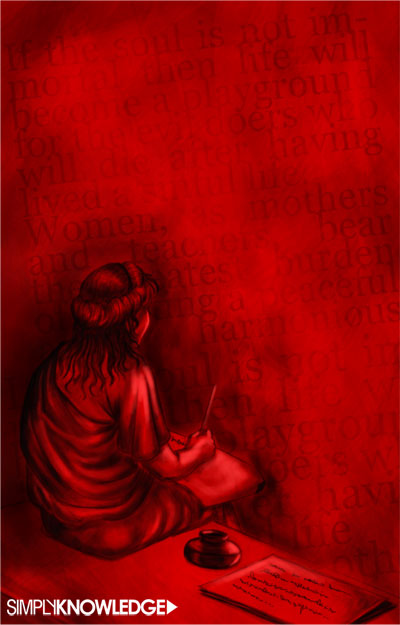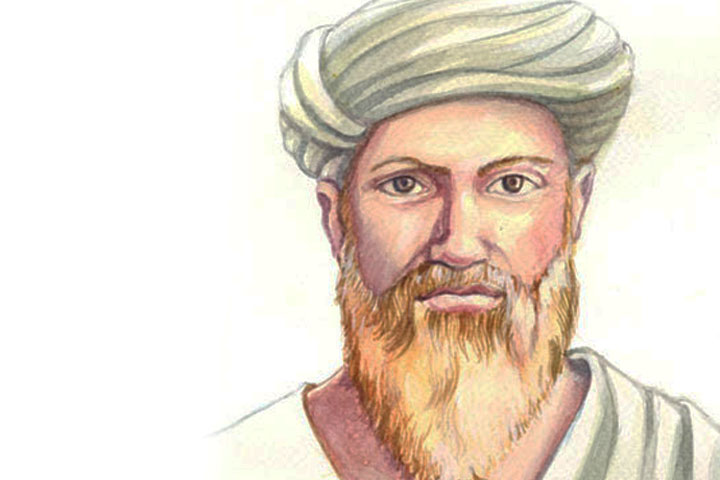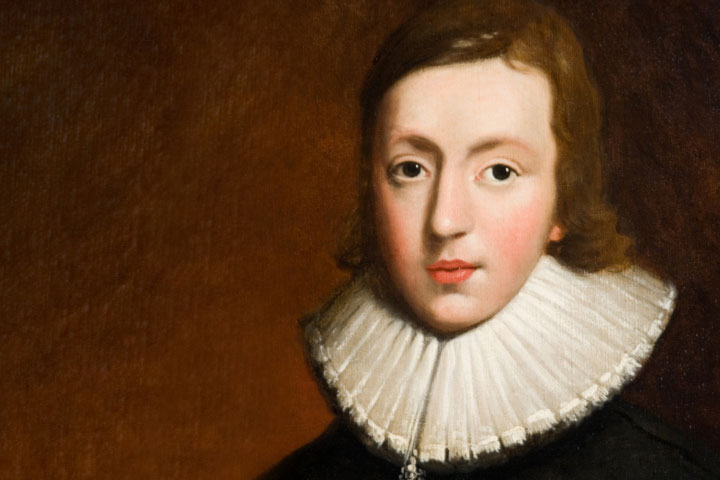
Introduction
“If the soul is not immortal then life will become a playground for the evil doers who will die after having lived a sinful life,” said Theano of Crotona, an ancient Greek thinker. Theano, a woman thinker, flourished around 500BC, an era when psychology or thoughts were an all- male domain and explicit context and concepts about spirituality were inexistent as people tried to find newer ways and means for virtuous living.
Theano cut across all social barriers confronting women of the era to become a prominent thinker. Among her many works, she also tried to explain afterlife in the context of Pythagorean teachings, which propounded the infinite universe as a harmonious entity that balances itself. Hence, the human soul as an integral part of the universe is immortal. By this corollary, punishment for souls of immoral and evil people occurs naturally, as a balancing act, she explained.

birth
Various historians including prominent chronicler, Diogenes Laertius who penned the epic ‘Lives and Thoughts of Ancient Philosophers’ claim that Theano was born in 546BC in Crotona, now a part of Italy. She was the daughter of Brontinus, a reputed local physician popular with the Greek rulers of the region and an aficionado of dogmas, mysteries, and philosophical principles set forth in the poems ascribed to Orpheus, the mythical Greek character known for his music and odes.

Life
This affiliation to Orphic practice brought her father Brontinus close to several Greek rulers and thinkers who would pass through Crotona during their journeys. Young Theano would often listen to these erudite debates by eminent thinkers from Athens or elsewhere, hosted by her father at their family residence and attended by prominent citizens of the city.
Theano, it is believed, was privileged to superior education- a common tradition among the rich and famous of the era. She excelled in mathematics and was immensely interested in the subject, perplexed yet awed by the sheer infinity of numbers, calculations, permutations and combinations. She was a strikingly beautiful woman with notably sharp brains.
During the era, mathematics also held a mystic charm since nobles and the proletariat shared the common quest of defining spirituality, the meaning of life, reasons for thoughts and actions and other ethereal aphorisms to lead a virtuous life. Constant wars, tyranny and other calamities had propelled the ancient Grecians towards spiritualism and the various schools of thoughts vaguely filled this void, each by propounding a different theory.
As she grew into a woman, Theano found herself exponentially attracted towards these schools of thoughts. Being an exceptionally talented woman, she was not content with settling for the ephemeral life which her peers would seek- as wives of nobles or the wealthy. Theano lusted for higher education.
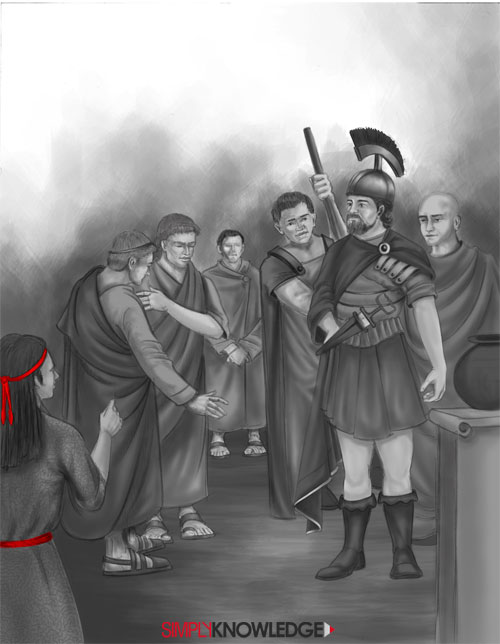
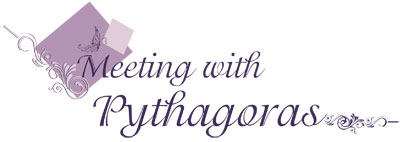
Meeting with Pythagoras
Theano’s craving for further learning was intense. Though uncommon for women to attend discourses by thinkers, Theano would boldly do so. It was during one such discourse that Theano met Pythagoras, the great ancient mathematician and philosopher, who had evolved into a cult figure.
Two accounts about the meeting between Theano and Pythagoras exist: One states , Pythagoras, travelling during his banishment from his native Samos and other parts of Greece, was passing through Crotona. He was invited to a discourse and debate by Theano’s father, Brontinus. Young Theano was enchanted with Pythagorean teachings and the teacher himself. The story is more plausible because Pythagoras was also an Orphic disciple like Brontinus and his affluent clique. Also historians claim thatPythagoras had established a school in Crotona with the assistance from his active followers.
The second account states, Theano travelled to Samos, especially to listen to Pythagoras teach and decided to follow further studies under the great mathematician and thinker.
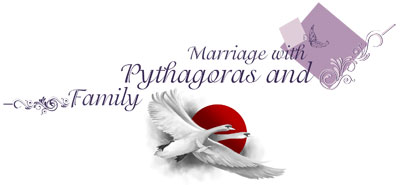
Marriage with Pythagoras and family
Enamoured by his mathematical, philosophical and mystic theories which she had been acquainted with since childhood, she fell in love with the master, decided to stay in Samos for further studies, marrying him. Theano married Pythagoras since reputed teachers of the day were forbidden from taking female students on board due to ancient mores.
Theano was an exemplary pupil of Pythagoras. The two would spend several hours together, debating various theories related to life, universe, mystic sciences and mathematics. The couple had five children. They included three daughters, Damo, Myia also spelt as Myria and Arignote and two sons, Mnesarchus and Teleuges.
Theano and Pythagoras’ three daughters studied under them and continued to be active proponents of their teachings, albeit with some refinements, for several decades and along with their mother, helped further develop the Pythagorean School founded by their father.
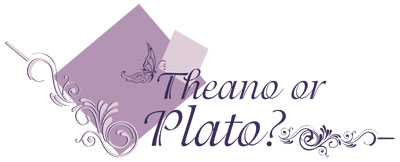
Theano or Plato?
Theano is sometimes credited as being the first ancient Greek woman who encouraged and permitted aspiring female thinkers to join her school. Due to antiquity however, precise records are unavailable about any female students who studied at their Pythagorean School, despite several later female thinkers later refining and propagating its teachings.
Due to the lack of records, the later thinker Plato - a student of the great Socrates- is credited with being the first to formally throw open the doors of his school, the famous Academy in Athens, to female students.
Regardless, it is documented that several decades later, Plato visited the Pythagorean schools and inculcated some of its concepts in his Academy. Indeed, Plato, after visiting a Pythagorean school and witnessing female students, wrote in his book ‘Republic’: “The gifts of nature are alike diffused in both- all the pursuits of men are the pursuits of women.” That Plato was impressed by the Pythagorean School and welcomed female students at his Academy at a time when women were traditionally barred from attending public meetings or debates by thinkers and those who violated the canon were frowned upon by the society.

Death
Theano continue to teach and conduct her own studies in mathematics and philosophy for several years, well into her old age. Antique records indicate she taught in Crotona as well as Samos, the native town of her husband, Pythagoras- long after he had passed away. Pythagoras had established schools in Crotona, Samos and other parts of ancient Greece and it is likely Theano travelled to other places too, especially after the persecution of Pythagoreans for impiety and alleged occult practices.
She is also known to have written several books and treatises which include, "Life of Pythagoras", "Cosmology", "Theory of the Golden Mean", "Theory of Numbers" and "On Virtue." The book, ‘On Virtue’ explicitly deals with marriage and family psychology.
Theano lived to a ripe old age, according to historians and is believed to have passed away due to natural causes around 350BC, in Crotona with her children and other disciples by her bedside.
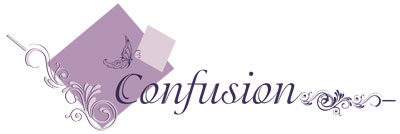
Confusion
Theano is also claimed to have penned several letters to various thinkers, rulers, women seeking advice on issues such as married life, duties of a wife, raising children and other related issues. However, some confusion over the original author of these letters persists: Another Pythagorean follower bearing the same name- Theano but called Theano-II for disambiguation- who flourished much later, could have been the writer of these letters, according to some historians. Psychology and philosophy aficionados remain divided to date about who wrote these letters- Theano or Theano-II.
The confusion arises mainly because the Sudas, an ancient Byzantine encyclopaedia on philosophy chronicles two women, Theano and Theano-II, albeit with several discrepancies since it was compiled from various ambiguous sources, including the epic ‘Lives and Thoughts of Eminent Philosophers’ by ancient historian and chronicler, Diogenes Laertius.
The book by Diogenes Laertius itself was written some 500 years later after the Socratic era and hence, is rife with speculations and errors. Hence, the veracity of the Sudas is somewhat suspect.
Next Biography





